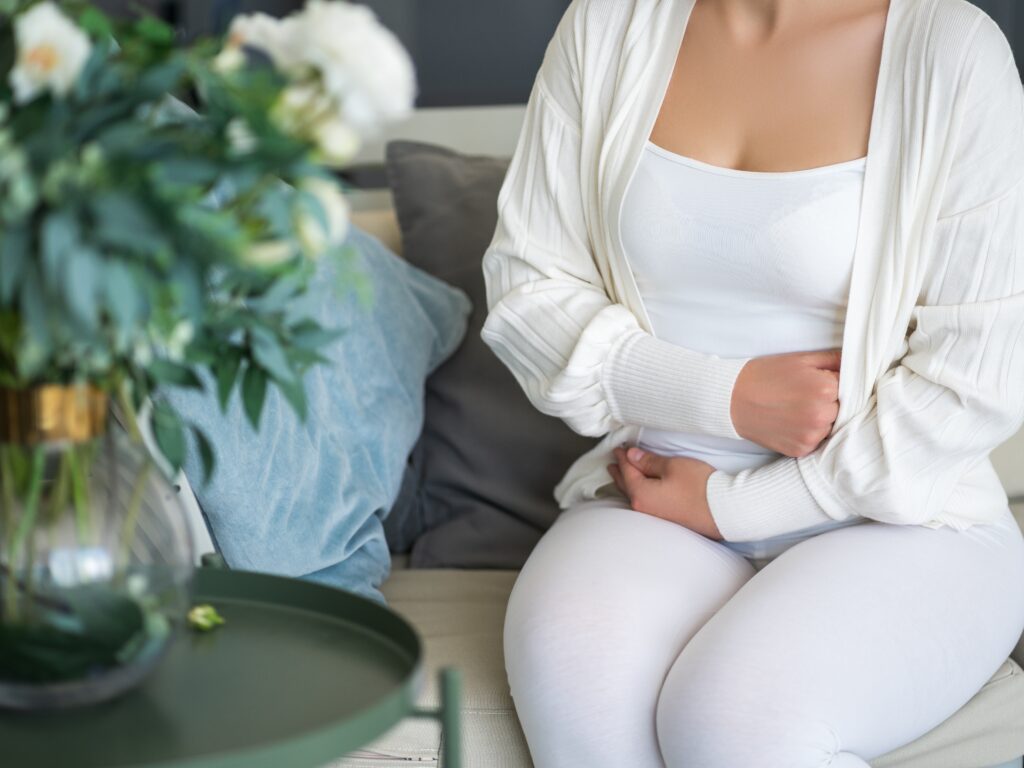Endometriosis is a complex condition that affects millions of women worldwide and is a leading cause of infertility. While medical treatments such as surgery and hormone therapy are often essential, there is growing evidence that diet and lifestyle choices can also play a supportive role in managing endometriosis-related infertility. By making certain adjustments, many women find improvements not only in their symptoms but also in their overall reproductive health.
Understanding the Connection Between Endometriosis and Fertility
Endometriosis occurs when tissue similar to the lining of the womb grows outside the uterus, causing inflammation, pain, and sometimes scar tissue. These factors can affect the function of the ovaries, fallopian tubes, and uterus, making it harder to conceive. While there is no cure, adopting supportive lifestyle and dietary changes may help reduce inflammation, balance hormones, and improve the body’s overall environment for conception.
The Role of Diet in Managing Endometriosis
Food plays a powerful role in how the body manages inflammation and hormone regulation, both of which are key in endometriosis.
- Anti-inflammatory foods: A diet rich in fruits, vegetables, whole grains, nuts, and fatty fish (such as salmon or sardines) may help reduce the body’s inflammatory response.
- Omega-3 fatty acids: Found in oily fish, flaxseeds, and walnuts, omega-3s have been shown to reduce inflammation and may ease pain.
- Limit processed foods: High sugar and processed foods can increase inflammation and may worsen symptoms.
- Reduce red meat and trans fats: Studies suggest that a high intake of red meat and unhealthy fats may be linked to more severe endometriosis symptoms.
- Boost fibre intake: Fibre-rich foods, such as leafy greens, beans, and oats, can support hormone balance by helping regulate oestrogen levels.
Adopting a diet that supports hormonal health and reduces inflammation may improve fertility outcomes for women with endometriosis.
Lifestyle Factors That Support Fertility
Alongside diet, lifestyle habits play a significant role in managing symptoms and enhancing reproductive health.
- Exercise: Gentle, regular exercise such as yoga, swimming, or walking can improve circulation, reduce stress, and help regulate hormones. However, it’s important to avoid over-exercising, which can sometimes disrupt ovulation.
- Stress management: Living with endometriosis can be emotionally challenging. Stress has been shown to negatively impact fertility, so practices like mindfulness, meditation, and counselling can be beneficial.
- Sleep: Quality sleep is essential for hormone regulation and immune function. Creating a consistent bedtime routine and limiting screen time before bed can help.
- Avoiding toxins: Exposure to certain chemicals, such as those found in plastics or some household products, may disrupt hormone function. Opting for natural or low-toxin alternatives when possible can support reproductive health.
A Holistic Approach
Diet and lifestyle changes are not a replacement for medical care but can work hand-in-hand with treatments prescribed by a healthcare professional. By reducing inflammation, supporting hormone balance, and improving overall wellbeing, women with endometriosis may improve their chances of conceiving and enhance their quality of life.
For further advice, please contact our expert team today.

